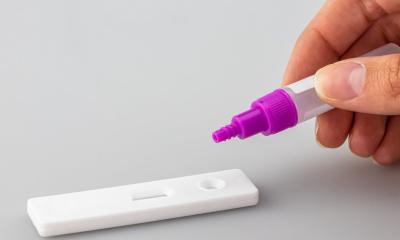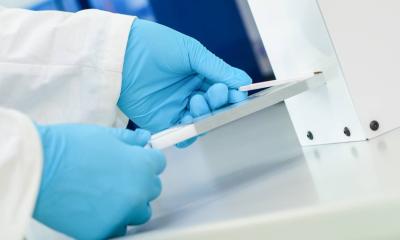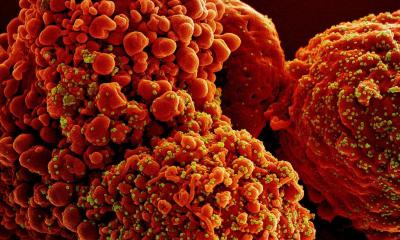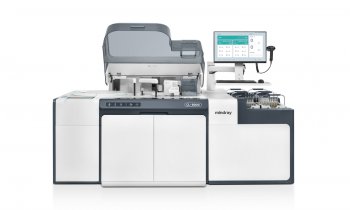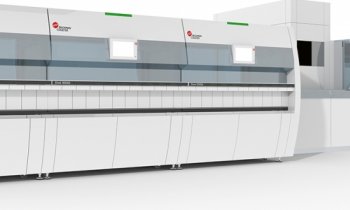Image source: Centers for Disease Control and Prevention (CDC)/Hannah A Bullock; Azaibi Tamin
News • RT-PCR for COVID-19
First of 3 diagnostic tests for SARS-CoV-2 coronavirus available
Biotechnology company bioMérieux, a world leader in the field of in vitro diagnostics, is announcing the forthcoming launch of 3 different tests to address the COVID-19 epidemic and to meet the different needs of physicians and health authorities in the fight against this emerging infectious disease.
bioMérieux has finalized the development of the SARS-CoV-2 R-Gene test. This real-time PCR test is clinically validated on one type of respiratory specimen and will be available at the end of March. It is expected to be rapidly CE marked and submitted to the FDA for an EUA (Emergency Use Authorization) as well.
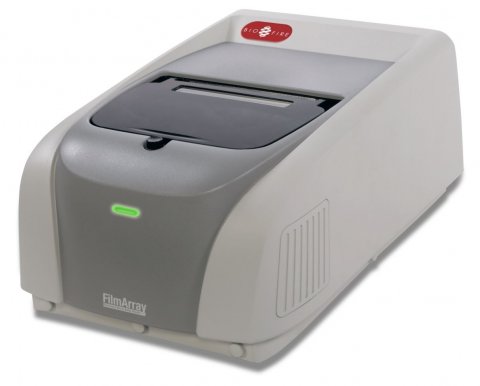
In parallel, a fully-automated test based on the BioFire FilmArray technology is being developed with the support of the US Department of Defense. This test will specifically detect SARS-CoV-2 and is designed to run on FilmArray 2.0 and FilmArray Torch platforms. bioMérieux is also developing an expanded version of its BioFire FilmArray Respiratory Panel 2, which will be called the BioFire Respiratory Panel 2.1 (RP2.1). This new panel will include SARS-CoV-2 in addition to the 21 other common respiratory pathogens and will deliver results in approximately 45 minutes. It will also be available on the FilmArray 2.0 and FilmArray Torch platforms.
These two BioFire tests will be submitted to relevant regulatory authorities in Q2 and Q3 2020 respectively, their launch will follow immediately after regulatory authorization or clearance. “In the face of the urgency of the COVID-19 epidemic, bioMérieux is committed to provide a comprehensive diagnostic approach that meets the highest performance and quality standards to help physicians mount an effective response to the outbreak”, said Dr. Mark Miller, Executive Vice President and Chief Medical Officer of bioMérieux.
The Argene SARS-CoV-2 R-Gene tests will be produced in Verniolle (France), the BioFire SARS-CoV-2 and BioFire RP2.1 tests in Salt Lake City (USA). Both production sites benefit from an extensive expertise in the manufacturing of molecular biology reagents at industrial scale.
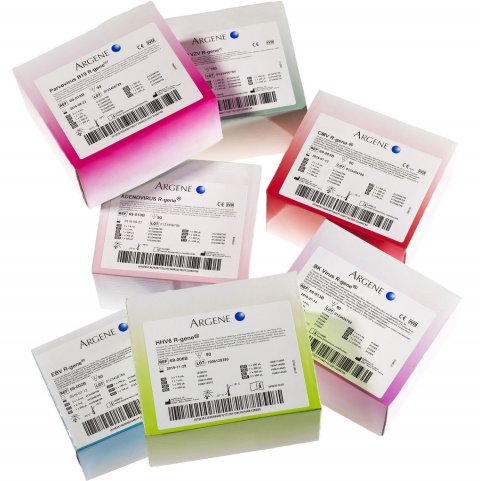
Like all the tests in the Argene range, the SARS-CoV-2 R-Gene test may be performed by any laboratory using PCR technology on most commercially-available nucleic acid extraction and amplification platforms. Results are delivered in 4 to 5 hours, and a large number of patient samples may be processed simultaneously.
The test relies on bioMérieux’s expertise and development know-how and is designed to ensure a reliable diagnosis even if the virus mutates. Therefore, it includes two tests: the first one allows the specific detection of two genes of SARS-CoV-2, the second detects the more pathogenic beta coronaviruses including, SARS-CoV, SARS-like viruses, SARS-CoV-2, and MERS-CoV. It also contains controls to measure the quality of the sample and the testing process.
Source: bioMérieux
11.03.2020



